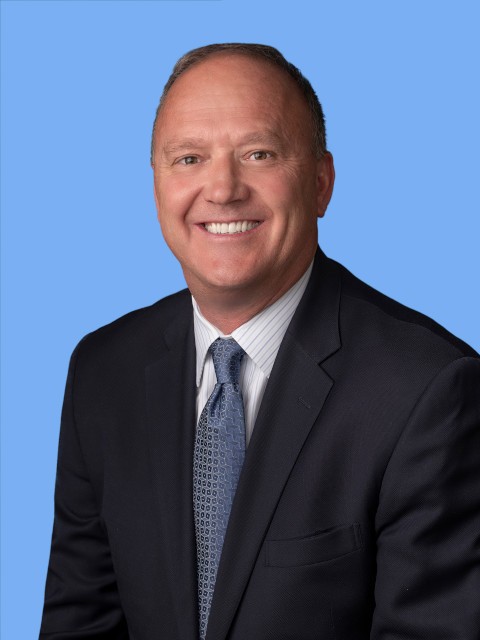Approximately 21.5 million Americans meet the criteria for having co-occurring disorders, or illnesses happening simultaneously such as depression and substance use disorder.1 Historically, hospitals have approached mental health and substance abuse as separate programs. This leaves patients with a co-occurring disorder feeling lost when it comes to identifying the best treatment options for themselves or loved ones.
As prevalence of these disorders continue to increase, hospitals are seeking solutions to help effectively identify and treat patients in need of comprehensive behavioral healthcare.
The Impact of Having a Co-Occurring Disorder
Global non-profit mental health resource HealthGuide states that, “In co-occurring disorders, both the mental health issue and the drug or alcohol addiction have their own unique symptoms that may get in the way of your ability to function at work or school, maintain a stable home life and relate to others.”2
The article goes on to detail the delicate balance of managing these co-occurring disorders. If one condition escalates, so can the other. For example, when a mental health problem goes untreated, substance use usually gets worse. Similarly, when alcohol or drug abuse increases, mental health illnesses usually increase as well.
This leaves health leaders asking the question, “What can be done to address co-occurring disorders in the same care episode, under the same hospital roof, without expending additional resources and capital?”
The Importance of Behavioral Health Programing for Patient Outcomes
Hospitals that have a behavioral health program in place can help patients understand their current mental health status more fully, whether they have a co-occurring disorder or not. They can also provide resources and expertise to help patients within their community receive effective care that produces long-term positive outcomes both physically and mentally.
Having an adequate behavioral health program in place to treat those with co-occurring disorders is especially critical as research notes:2
-
-
- Roughly 50% of individuals with severe mental disorders are affected by substance abuse.
- 37% of alcohol abusers and 53% of drug abusers also have at least one serious mental illness.
- Of all people diagnosed as mentally ill, 29% abuse alcohol or drugs.
-
As behavioral health continues to be at the forefront of hospital priorities, especially as this patient population grows in both size and medical complexity, it is crucial to provide education on the impacts of mental health and substance use disorders.
Contact us to learn how Lifepoint can help your hospital effectively integrate a comprehensive behavioral health program into your existing operations.
References:
- https://www.samhsa.gov/medications-substance-use-disorders/medications-counseling-related-conditions/co-occurring-disorders
- https://www.helpguide.org/articles/addictions/substance-abuse-and-mental-health.htm

